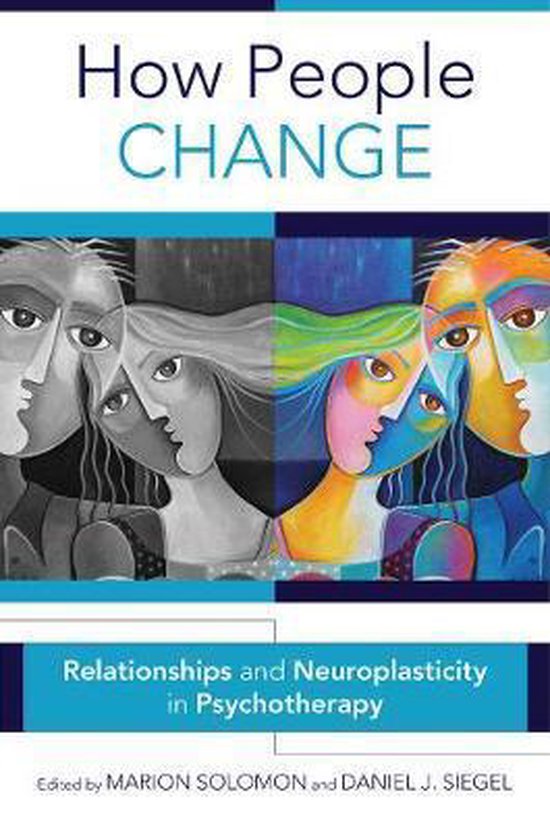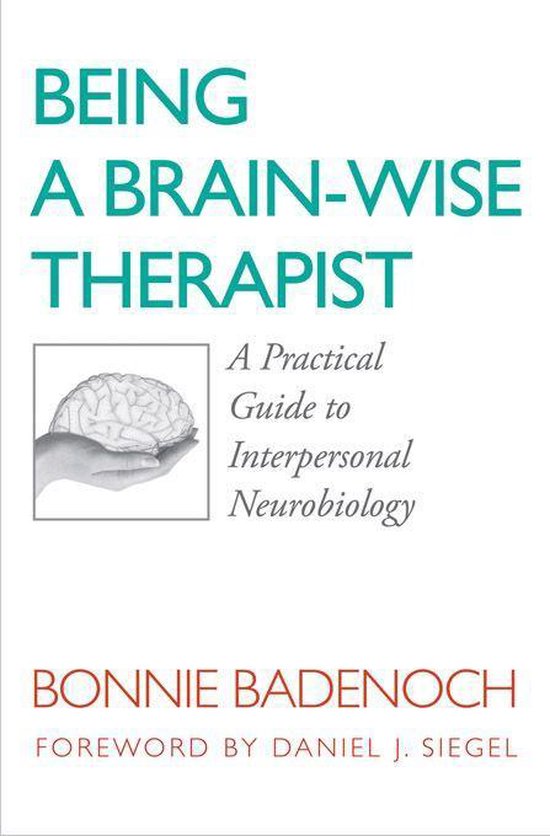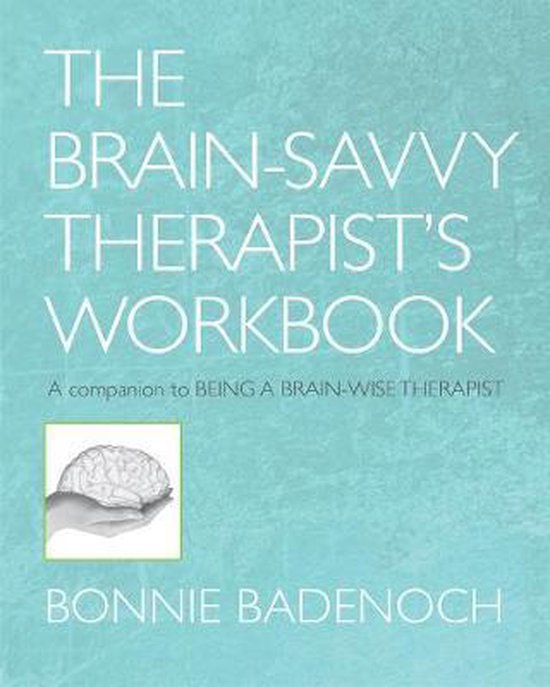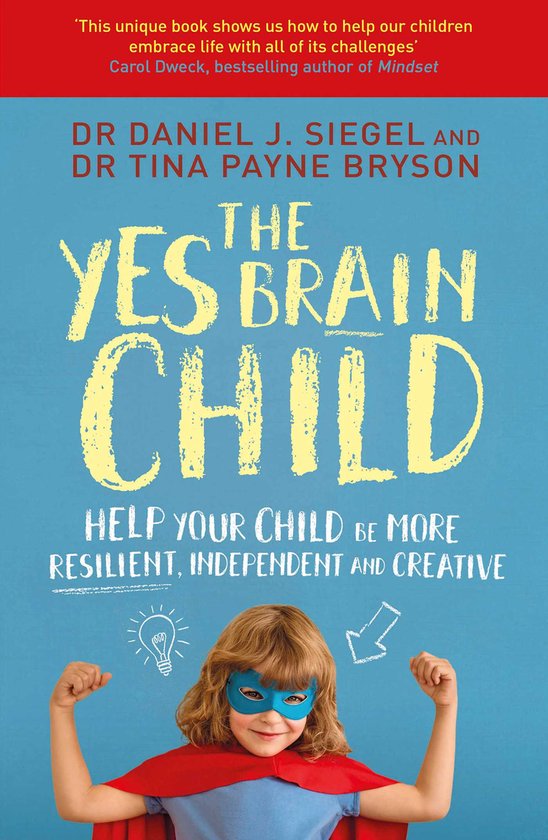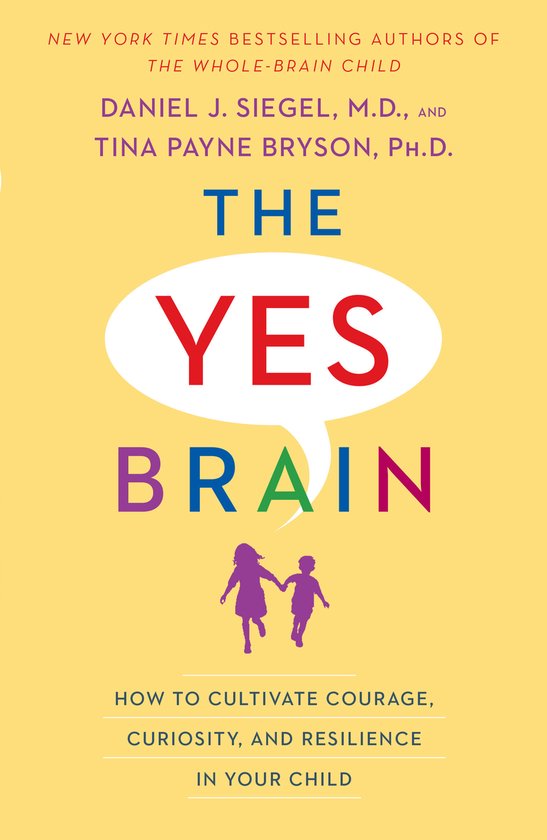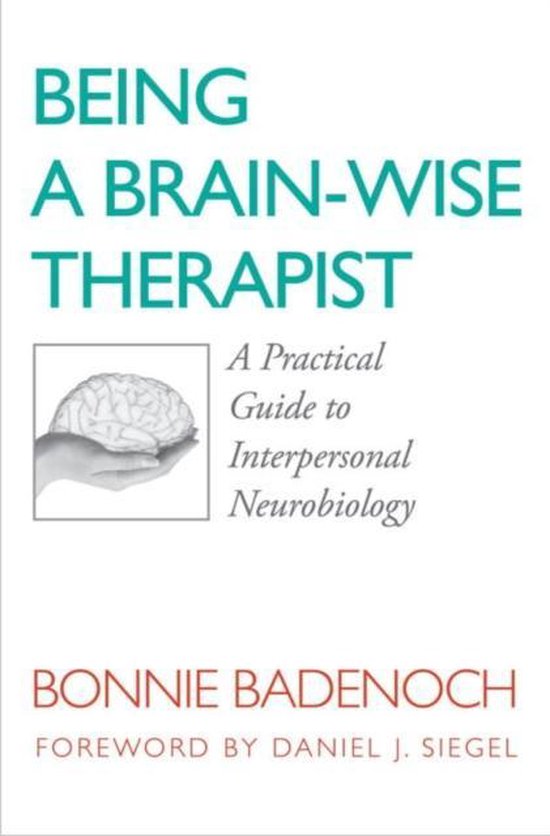
Being A Brain-Wise Therapist
This book, part of the acclaimed Norton Series on Interpersonal Neurobiology, brings interpersonal neurobiology into the counseling room, weaving the concepts of neurobiology into the ever-changing flow of therapy.
Neuroscientific discoveries have begun to illuminate the workings of the active brain in intricate detail. In fact, sometimes it seems that in order to be a cutting-edge therapist, not only do you need knowledge of traditional psychotherapeutic models, but a solid understanding of the role the brain plays as well. But theory is never enough. You also need to know how to apply the theories to work with actual clients during sessions.
In easy-to-understand prose, Being a Brain-Wise Therapist reviews the basic principles about brain structure, function, and development, and explains the neurobiological correlates of some familiar diagnostic categories. You will learn how to make theory come to life in the midst of clinical work, so that the principles of interpersonal neurobiology can be applied to a range of patients and issues, such as couples, teens, and children, and those dealing with depression, anxiety, and other disorders. Liberal use of exercises and case histories enliven the material and make this an essential guide for seamlessly integrating the latest neuroscientific research into your therapeutic practice.
Neuroscientific discoveries have begun to illuminate the workings of the active brain in intricate detail. In fact, sometimes it seems that in order to be a cutting-edge therapist, not only do you need knowledge of traditional psychotherapeutic models, but a solid understanding of the role the brain plays as well. But theory is never enough. You also need to know how to apply the theories to work with actual clients during sessions.
In easy-to-understand prose, Being a Brain-Wise Therapist reviews the basic principles about brain structure, function, and development, and explains the neurobiological correlates of some familiar diagnostic categories. You will learn how to make theory come to life in the midst of clinical work, so that the principles of interpersonal neurobiology can be applied to a range of patients and issues, such as couples, teens, and children, and those dealing with depression, anxiety, and other disorders. Liberal use of exercises and case histories enliven the material and make this an essential guide for seamlessly integrating the latest neuroscientific research into your therapeutic practice.
| Auteur | | Bonnie Badenoch |
| Taal | | Engels |
| Type | | Paperback |
| Categorie | | Persoonlijke ontwikkeling & Mindfulness |
